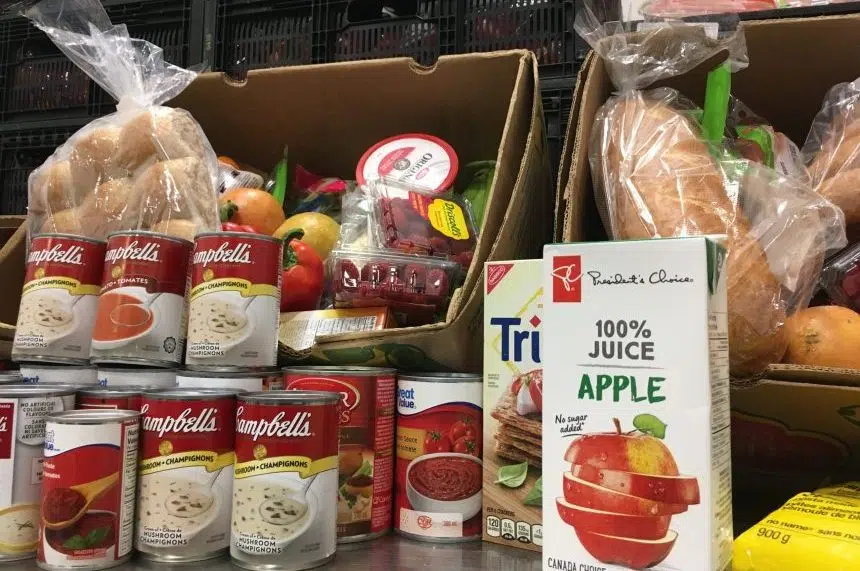The Regina Food Bank is wondering how big of a bite the federal carbon tax is going to take out of its budget.
Food bank CEO John Bailey said it is going to have an impact because much of what the organization does would run into the tax.
Bailey said Regina is a hub for shipping in the province, so the tax would need to be paid for gas and transportation.
“The cost of transportation of food would be an issue, and then we don’t know what the impact will be on the partners we have in the community who are supplying food for our pantry,” he said.
The tax is also expected to have a ripple effect on the price of things like groceries, so the food bank will have higher costs when donations run out and it has to buy food to fill baskets. And since the food bank buys a lot more than what’s on the average grocery bill, Bailey said the cost increase is a lot more too.
“For a non-profit that services and provisions the community, there’s no ability to pass that along, so it’s a cost we have to absorb,” he said.
Bailey said some provinces with their own taxes have put in relief for non-profits, but as far as he knows, there’s no relief in the federal plan.
980 CJME has contacted Environment and Climate Change Canada for comment.
With demand at the food bank typically rising when kids are out of school, Bailey said the carbon tax will be more of a concern as summer gets closer.
The carbon tax has only been in place in Saskatchewan for about a week so Bailey said the food bank doesn’t know what the impact will be yet, but the group will be able to figure it out in short order.







